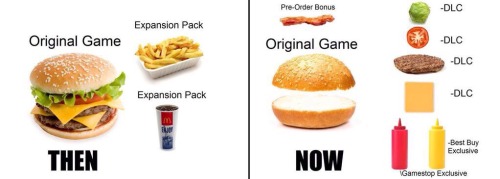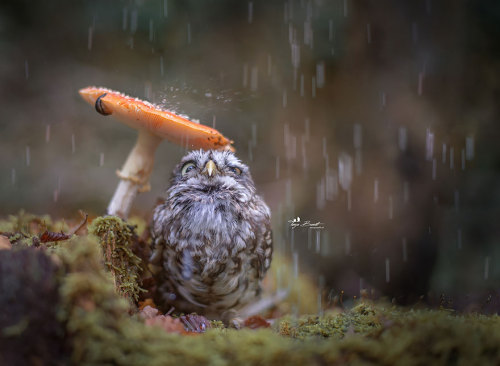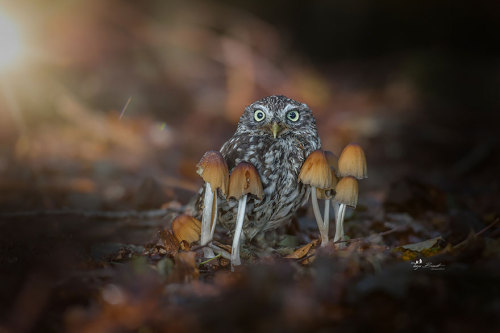Latest Posts by sanyairana - Page 2
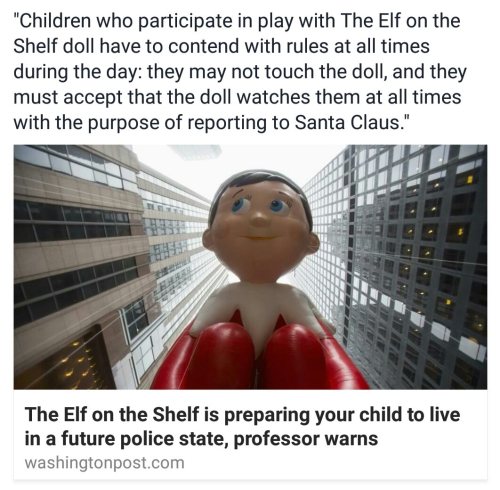










This is an important message!
Do you pronounce anon as: 1) ah-non 2) uh-non 3) other (say how you say it)
And era as: 1) air-uh 2) eh-ruh 3) ee-ruh 4) other (say how you say it)
Reblog this with how you say these words! My friends and I were talking about this today and I’m really curious as to how the majority of people say these phrases!
Okay message over
The person I reblogged this from deserves to be happy
I tried to scroll past this. I really did
I feel like minor acts of kindness and good intentions are really important on days like this.
everyone who reblogs this will get the undertale character theyre most like based off of their blog description in their askbox
Here’s my life. My husband and I get up each morning at 7 o’clock and he showers while I make coffee. By the time he’s dressed I’m already sitting at my desk writing. He kisses me goodbye then leaves for the job where he makes good money, draws excellent benefits and gets many perks, such as travel, catered lunches and full reimbursement for the gym where I attend yoga midday. His career has allowed me to work only sporadically, as a consultant, in a field I enjoy. All that disclosure is crass, I know. I’m sorry. Because in this world where women will sit around discussing the various topiary shapes of their bikini waxes, the conversation about money (or privilege) is the one we never have. Why? I think it’s the Marie Antoinette syndrome: Those with privilege and luck don’t want the riffraff knowing the details. After all, if “those people” understood the differences in our lives, they might revolt. Or, God forbid, not see us as somehow more special, talented and/or deserving than them. There’s a special version of this masquerade that we writers put on. Two examples: I attended a packed reading (I’m talking 300+ people) about a year and a half ago. The author was very well-known, a magnificent nonfictionist who has, deservedly, won several big awards. He also happens to be the heir to a mammoth fortune. Mega-millions. In other words he’s a man who has never had to work one job, much less two. He has several children; I know, because they were at the reading with him, all lined up. I heard someone say they were all traveling with him, plus two nannies, on his worldwide tour. None of this takes away from his brilliance. Yet, when an audience member — young, wide-eyed, clearly not clued in — rose to ask him how he’d managed to spend 10 years writing his current masterpiece — What had he done to sustain himself and his family during that time? — he told her in a serious tone that it had been tough but he’d written a number of magazine articles to get by. I heard a titter pass through the half of the audience that knew the truth. But the author, impassive, moved on and left this woman thinking he’d supported his Manhattan life for a decade with a handful of pieces in the Nation and Salon. Example two. A reading in a different city, featuring a 30-ish woman whose debut novel had just appeared on the front page of the New York Times Book Review. I didn’t love the book (a coming-of-age story set among wealthy teenagers) but many people I respect thought it was great, so I defer. The author had herself attended one of the big, East Coast prep schools, while her parents were busy growing their careers on the New York literary scene. These were people — her parents — who traded Christmas cards with William Maxwell and had the Styrons over for dinner. She, the author, was their only beloved child. After prep school, she’d earned two creative writing degrees (Iowa plus an Ivy). Her first book was being heralded by editors and reviewers all over the country, many of whom had watched her grow up. It was a phenomenon even before it hit bookshelves. She was an immediate star. When (again) an audience member, clearly an undergrad, rose to ask this glamorous writer to what she attributed her success, the woman paused, then said that she had worked very, very hard and she’d had some good training, but she thought in looking back it was her decision never to have children that had allowed her to become a true artist. If you have kids, she explained to the group of desperate nubile writers, you have to choose between them and your writing. Keep it pure. Don’t let yourself be distracted by a baby’s cry. I was dumbfounded. I wanted to leap to my feet and shout. “Hello? Alice Munro! Doris Lessing! Joan Didion!” Of course, there are thousands of other extraordinary writers who managed to produce art despite motherhood. But the essential point was that, the quality of her book notwithstanding, this author’s chief advantage had nothing to do with her reproductive decisions. It was about connections. Straight up. She’d had them since birth. In my opinion, we do an enormous “let them eat cake” disservice to our community when we obfuscate the circumstances that help us write, publish and in some way succeed. I can’t claim the wealth of the first author (not even close); nor do I have the connections of the second. I don’t have their fame either. But I do have a huge advantage over the writer who is living paycheck to paycheck, or lonely and isolated, or dealing with a medical condition, or working a full-time job. How can I be so sure? Because I used to be poor, overworked and overwhelmed. And I produced zero books during that time. Throughout my 20s, I was married to an addict who tried valiantly (but failed, over and over) to stay straight. We had three children, one with autism, and lived in poverty for a long, wretched time. In my 30s I divorced the man because it was the only way out of constant crisis. For the next 10 years, I worked two jobs and raised my three kids alone, without child support or the involvement of their dad. I published my first novel at 39, but only after a teaching stint where I met some influential writers and three months living with my parents while I completed the first draft. After turning in that manuscript, I landed a pretty cushy magazine editor’s job. A year later, I met my second husband. For the first time I had a true partner, someone I could rely on who was there in every way for me and our kids. Life got easier. I produced a nonfiction book, a second novel and about 30 essays within a relatively short time. Today, I am essentially “sponsored” by this very loving man who shows up at the end of the day, asks me how the writing went, pours me a glass of wine, then takes me out to eat. He accompanies me when I travel 500 miles to do a 75-minute reading, manages my finances, and never complains that my dark, heady little books have resulted in low advances and rather modest sales. I completed my third novel in eight months flat. I started the book while on a lovely vacation. Then I wrote happily and relatively quickly because I had the time and the funding, as well as help from my husband, my agent and a very talented editor friend. Without all those advantages, I might be on page 52. OK, there’s mine. Now show me yours.
Ann Bauer, ““Sponsored” by my husband: Why it’s a problem that writers never talk about where their money comes from”, http://www.salon.com/2015/01/25/sponsored_by_my_husband_why_its_a_problem_that_writers_never_talk_about_where_their_money_comes_from/ (via angrygirlcomics)
This is so important, especially for people like me, who are always hearing the radio station that plays “but you’re 26 and you are ~*~gifted~*~ and you can write, WHERE IS YOUR NOVEL” on constant loop.
It’s so important because I see younger people who can write going “oh yes, I can write, therefore I will be an English major, and write my book and live on that yes?? then I don’t have to do other jobs yes??” and you’re like “oh, no, honey, at least try to add another string to your bow, please believe that it will not happen quite like that”
It’s so important not to be overly impressed by Walden because Thoreau’s mother continued to cook him food and wash his laundry while he was doing his self-sufficient wilderness-experiment “sit in a cabin and write” thing.
It’s so important because when you’re impressed by Lord of the Rings, remember that Tolkien had servants, a wife, university scouts and various underlings to do his admin, cook his meals, chase after him, and generally set up his life so that the only thing he had to do was wander around being vague and clever. In fact, the man could barely stand to show up at his own day job.
It’s important when you look at published fiction to remember that it is a non-random sample, and that it’s usually produced by the leisure class, so that most of what you study and consume is essentially wolves in captivity - not wolves in the wild - and does not reflect the experiences of all wolves.
Yeah. Important. Like that.
(via elodieunderglass)







you are a hurricane of a girl
dear bisexual / pansexual women and political lesbians,
you need to immediately disclose to any woman you plan on dating if you are, in fact, a lesbian, or if you are something else. some lesbians are open to dating bi / pan / PL ladies. some are not. withholding this information is harmful, deceitful behavior that can make lesbians feel unsafe and devalued.
picture it: you’re a lesbian, looking to start a relationship. you meet a woman who claims that she, too, is a lesbian. this signifies that you have, at the very least, a shared sexuality, and you can bond about your experience as a woman who is attracted exclusively to women, which is outside of the patriarchal, heterocentric structure of the vast majority of societies.
now, imagine that you, a lesbian who is incapable of being attracted to men, get a confession from your girlfriend: she discloses to you that, yeah, actually, she could possibly be with a man and feel emotionally and sexually fulfilled. she, as a bi- or pansexual, is capable of thinking about having sex with a man and not feeling revulsion. your initial feeling of intimacy and security related to the sharing of a sexuality - one of the most basic aspects of your being, which is essential to you - is gone.
wouldn’t that hurt? wouldn’t that make you feel insecure? wouldn’t you get angry, if you were put into that position?
i’m bored of mental health discourse that doesn’t consider capitalism’s effect on people. like sure i take antidepressants to deal with mental health problems, and they change the chemicals in my brain, but the root cause isn’t that the chemicals in my brain were wrong, it’s that we live in an alienating hell system that treats people as commodities

My 7 year old son was shot down by his 1st grade teacher
Quick Contents
Introduction
General remarks
What’s normal?
Reactions to injury - including emotional reactions, fainting and shock.
Minor injuries - such as bruises, grazes and sprains
Head injuries - from black eyes to severe concussions
Broken bones
Dislocated joints
Cutting and Piercing - for various locations, including blood loss symptoms and figures.
Blunt trauma - getting hit, internal injuries.
Burns - including electrical burns
Hostile environments - such as extreme cold and heat, oxygen deprivation and exposure to vacuum.
References - useful websites.
Read More →
SEEING EVERYONE WITH FALLOUT 4 LIKE


everyone take @poseidhn’s quiz and reblog this post with who your godly parent is in the tags
this is a test to see who’s really a child of who in the fandom




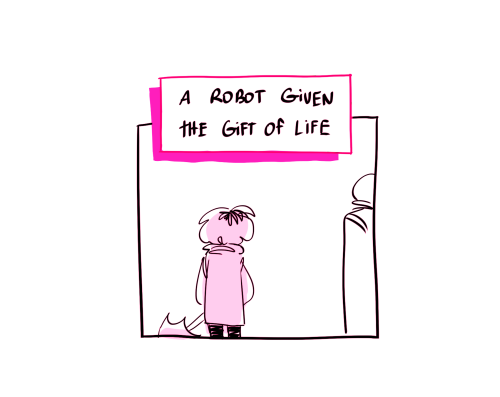
how do i feel like you feel
THE ART SCHOOL DILEMMA
Hey friends, here’s the thing I was talking about. Prepare for some information and advice in a probably not extremely coherently written way.
Art school is expensive, like ridiculously expensive, especially if you haven’t gotten a good chunk of scholarships to help pay it off. And it is an even more painful thing for those who WANT to go to art school but most definitely can’t. I’ve attended two art schools - Ringling College of Art and Design and currently Laguna College of Art and Design - majoring in Game Art at both schools. Both were great learning experiences, and I grew a lot as a person. I’m currently finishing my second semester at LCAD as transferring fucked me over. And I started to realize at this half way point that I knew exactly what I wanted to do, and that all these superfluous classes were honestly meaningless to my goal and just wasting money. And it is with that I announce that I will probably be dropping out to focus on independent study. I may be doing one more semester at LCAD, but most likely not. And I’d like to share the ton of advice I’ve collected from friends who work in the entertainment industry, as well as instructors. Now note that this is mostly directed towards entertainment design majors (animation, game art, etc.) and media majors, but it can most likely hold true for other arts. ;) This is also geared more towards people who want to work in contract or salary jobs, vs just freelancing.
The question many ask is completing art school worth the debt? I brought up this question to some friends who graduated from places like Gnomon, and most told me no, it wasn’t. Because most of what you learn in art school will not only be outdated by the time you get out (in regards to programs and pipelines), but with the internet it’s now easy to get all the resources you need for far cheaper or even free. There’s a post going around by Noah Bradley, a concept artist, that’s basically the same advice I’m going to be giving, however I’ve got some other stuff to addon. Now, with that being said, what’s even the value of going to art school? Well there’s definitely pros you can get out of it but once you’ve gotten those out of the school, there is no reason to stay unless you really need that piece of paper. Art school is a great way to network, as often instructors are people who (hopefully) have worked in the industry, and if you do have instructors like that BUDDY UP WITH THEM, MAKE THEM LIKE YOU, THEY ARE IMPORTANT. And this is the same for your peers, this sounds awful but I’ve always been told it’s a good idea to hang around with the best artists in class, you don’t necessarily have to be friends with them, but watching them work and ABSORBING THEIR METHODS will help make you a better artist too. As well as hanging out with just good people in general. Aside from networking, the second importance of art school is to help you figure out specifically what you want to do. (Hopefully, if it’s not then get the hell out of there) For example, when I went into school I just wanted to do game art but didn’t know what part of it I wanted to do, now I know I want to be a 3D character artist. Once you have that knowledge of specifically what you want to do that’s when it’s usually a good idea to get out of there and save your money. If you know what you want to do prior to going to art school, well, you don’t need to go, unless you’re incapable of networking or learning outside of a school setting.
As for the degree, you do not need it to be successful in the art industry. I’ve been told countless times that they have NEVER been asked what school they went to, or what degree they got. They just want to make sure you, as a person, are fit for their company, and that you have a good portfolio. The degree is good to have if you’d like to teach art, or do something outside of art that requires it, but that’s about it.
Onto the advice. Independent study isn’t easy, and it definitely takes a certain type of mindset and discipline in order to achieve success - honestly something I didn’t have prior to me going to art school. It’s important to have a plan laid out, especially if you’re going to focus a year or two of your time on this one thing you want to be. I’m honestly awful at organizing information, so I’m just going to bullet point my advice. B)
Figure out what you want to be, this needs to be specific, there are generalist jobs out there, but they are few and in between. So some examples of something more specific would be character artist, 3d modeler (for environments, assets or characters), rigger, animator, visual development, concept artist (characters, environments, assets, etc.). You need to know specifically the job you want to do.
Research studios and jobs you’d be interested in, read over the requirements for these jobs, take note of them and what you need to improve on as well as learn
Look into online classes, workshops, video tutorials that relate to those job requirements. For game art there’s a TON of things out there. If there’s any self-taught animators out there that have some recommendations please feel free to send some my way and I’ll add them to the end of this post.
Focus ALL your time on that goal, so for example, once I switch over to my independent study plan, I will ONLY be doing 3D character work and putting all the time I can into focusing in learning zbrush and getting better.
Join online forums related to the industry you’re shooting for (for for game art places like conceptart.org and polycount.com)
Post your work there, you’ll get a lot of shitty critique from people who have nothing better to do but crit people all day, but you’ll also get a lot of valuable advise from people in the industry. Take in all that crit and keep improving.
Make a list of phone numbers for companies you want to work for
Make a list of contact info of networks if you have them
If you don’t have networks, go to conventions, expos, and meetups, make networks, talk to people, show them your work, it is DIRE you do this. If you’re not going to school this is one of the only ways you can make networks aside from online. And in real life meetings are going to be that much more meaningful.
If you have networks, ask around if they know anyone in these companies you’re interested in working for.
If they do talk to these people about what it’s like working there, what they did to get in, what they think you need to do to get your work to their standard.
Also know that a lot of these companies are full of mediocre artists, something my instructor made a point of is that we only see their star artists publicly, but not the hundreds of okay artists in the back. You do not have to hold your standard to these top artists, you just need to be better than the okay artists. Obviously it’s a good idea to shoot for the top, but do not let the idea that you’ll never be that good so you won’t get a job discourage you, because in reality that is NOT the majority.
Once you’ve got your portfolio started (it doesn’t have to be completely ready, just have a few solid pieces to show), start CALLING up the companies mentioned before. DO. NOT. EMAIL. I know this is extremely difficult for people who have anxiety (myself included) but it’s imperative that you call. In an email it’s so much easier for a recruiter or hiring manager to ignore it or tell you they don’t have time currently. On the phone is a lot harder for people to ignore you, and chances are they’re not going to hang up on you haha.
When you call ask if they have INTERNSHIPS FIRST, do not ask about jobs. If you ask for a job they’re going to tell you to look on their site online and the conversation ends there. Now this is where things might get a little tricky, some companies require you to be in school in order to apply for an internship, but a lot of companies haven’t even thought of offering internships! (especially if you look at smaller studios and don’t shoot for the big ones just yet)
If they don’t have internships or haven’t thought about having internships, explain to them that you’re interested in helping them out in the studio in exchange for experience. Now this is very different then when people come to you asking you to do free art in “exchange for getting viewership” or whatever bs. Working in a studio you are going to learn the ins and out of a professional pipeline, you are here for the education you wouldn’t get while in school. And for the stuff you’d learn in school (like programs) you are going to learn them at a MUCH faster rate while working in a studio. They are far more likely to hear your pitch for an internship that is at no cost to them vs someone looking for a job. An internship is also an important opportunity to see if you’re a fit for their company, and it is not uncommon for companies you’ve interned at to hire you later on.
Sometimes if you’re rejected by the first person who answers, call again and see if you get a different person. Sometimes person A is having a bad day and doesn’t want to hear your jargon, but person B may be willing. And that second call might be enough to get them to hear you out and look at your work.
Sometimes a portfolio book is more effective than a website. It’s easy for a hiring manager to ignore something online (similar to the email thing mentioned earlier), but a physical portfolio book is RIGHT THERE AND HARDER TO IGNORE OR TOSS. So consider making one.
Be proactive, stay on track, be disciplined, do your research and don’t waste time. Consider places you may of ignored before (example, while I majored in games, I’m looking into the toy industry too!)
Good luck, and everything will be okay. Work hard and believe in your capabilities as a successful artist. Beat that stereotype and don’t let money be the reason you can’t make it.
I hope this all helps, and is somewhat useful. This is mostly me just retelling advice that I was given. ;P
Below are some stuff to watch/look into (these are mostly geared towards game art, but if any other people want to recommend some other resources I’ll add them here! These are not all free, but a lot more affordable than a four year college)
Resources
Gnomon Videos (Mostly entertainment design and game art focused.)
Feng Zhu Videos (Huge range of videos, mostly GA/concept related)
Noah Bradley’s Art Camp (12 week courses focused on either covering all the important fundamentals of concepting or environment concept design)
CGMA (CG Masters Academy, lots of industry professionals teaching online classes - either 2D digital art or 3D. Lots of courses!)
CDA (Concept Design Academy, offers several tracks focusing on character design, environment design and storyboarding)
Conceptart.org (Great place to get inspiration, keep track of upcoming art events, get critique through the forums and participate in contests. GA focused but still has lots of variety.)
Polycount (A great resource for getting feedback and advice on 2D and 3D work. GA focused.)
Robotpencil (Mentorship programs taught by Anthony Jones and others! GA/Concept focused.)
LUCIDPIXUL (Mentorship program, but also very valuable youtube videos. GA/Concept focused.)
ArtStation (Another great place for inspiration, and also view job postings. GA focused.)
Ctrl+Paint (Digital painting tutorials, majority of the content is free.)
Proko Videos (ANATOMY)
Shaddy Safadi (Digital painting tutorial, environment focused)
SILA (Society of Illustrators Los Angeles)
Creative League (Community of animators and creatives, posts resources and other helpful things. Animation focused.)
Animation Resources (As it’s named, animation resources. :P Animation focused, also has illustration resources as well.)
Ross Draws (Nice speed paint stuff!)
Level Up! (Artist interviews, freebies and resources)
Books
The Animator’s Survival Kit (Important book to have for animators, very thorough when it comes to traditional animation.)
Illusion of Life: Disney Animation (Often dubbed as an Animator’s Bible)
Digital Painting Techniques (Personally own this book, and love it! Great techniques on painting digitally)
Color and Light (Staple book every artist should consider checking out, written by James Gurney. Focuses on the use of light and color.)
Imaginative Realism (Another Gurney book, focused on painting things that don’t exist in real life and how to go about it.)
Picture This: How Pictures Work (Importance of shape language)
Any of Scott Robinson’s books (It’s good shit)
Honestly I totally get the appeal of a lifelong romantic relationship. But like, I’d rather get that by having a relationship that’s so consistently good we never decide to end it, than by having one that’s so good at one time that we decide, in that moment, to never end it.
Does that make sense? One’s saying “yes” to something every day, the other’s saying “yes, every day” to something.
Making it hard to leave takes away a lot of uncertainty. But what if making it hard to leave devalues the staying?
I want anyone I date to know with total certainty that if they wanted to leave tomorrow, they could do it and it wouldn’t be the end of the world, it wouldn’t unleash demons. I don’t want anyone to feel chained to me.
It’s being not-chained that makes staying mean something. I want to make it easy to leave so I know we’re in this because we’re choosing to be, actively. And more than an eternal relationship? I want one where we’re in it 100%.
If we’re both/all completely on board because we keep choosing to be… that’s the kind of relationship I’d be happy to keep doing forever, if it keeps working that long. And if it doesn’t? The goal was to make it a good one, not a permanent one.










nasa: okay so we found this giant thing orbiting a star that might be an alien structure
everyone: wow that's so cool hopefully we'll learn more about it soon!
mass effect fans: PREPARE FOR FIRST CONTACT WAR
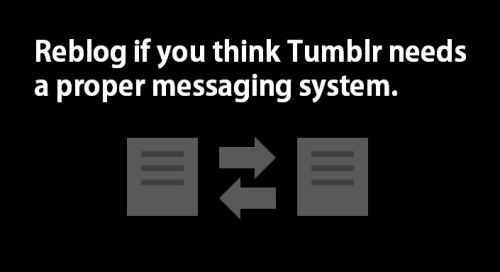
All 3 trailer minutes of #SWTFA in right order
Nice: IGN combined all three minutes we have from “STAR WARS: The Force Awakens” trailers to what they think might be the right order.
swtfa.tumblr.com – Star Wars 7 – The Force Awakens #StarWars7 #StarWars #SWTFA #StarWarsVII #EpisodeVII #Episode7
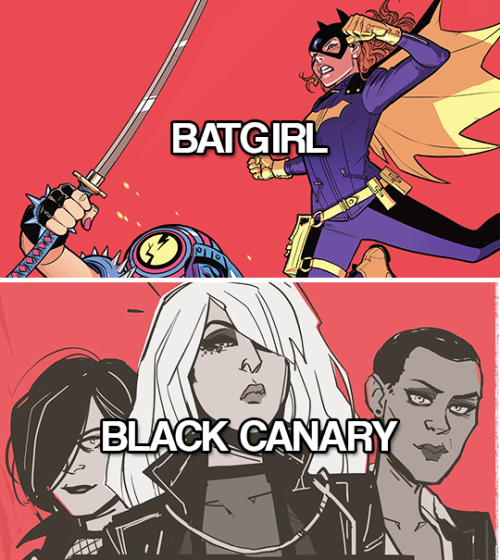
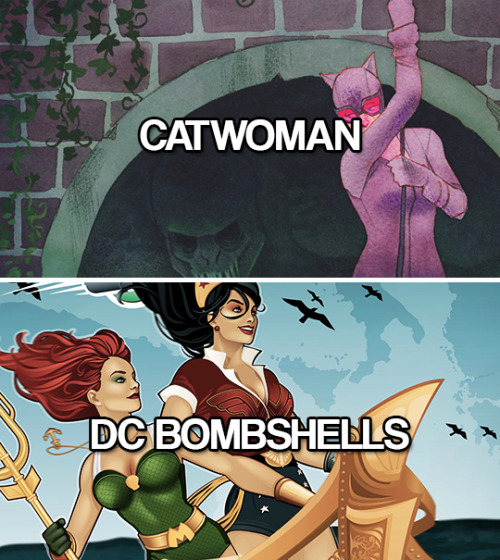
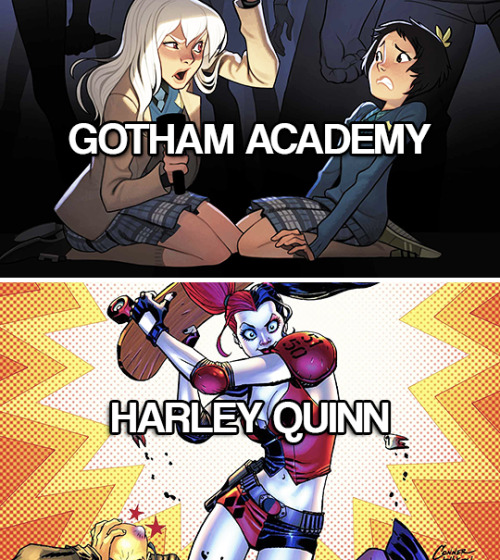
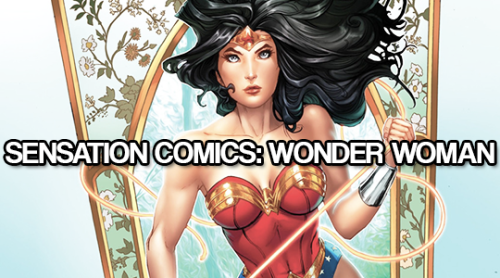
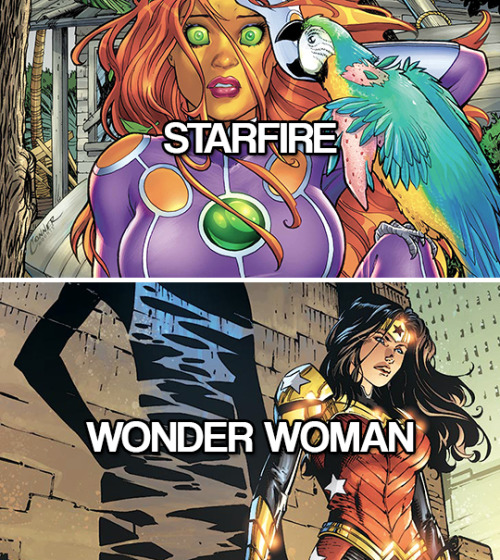
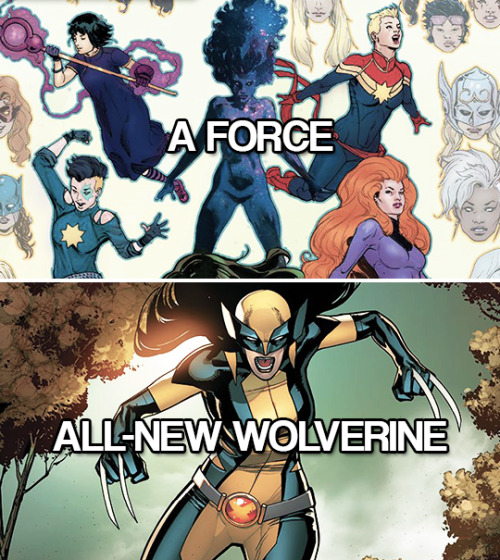
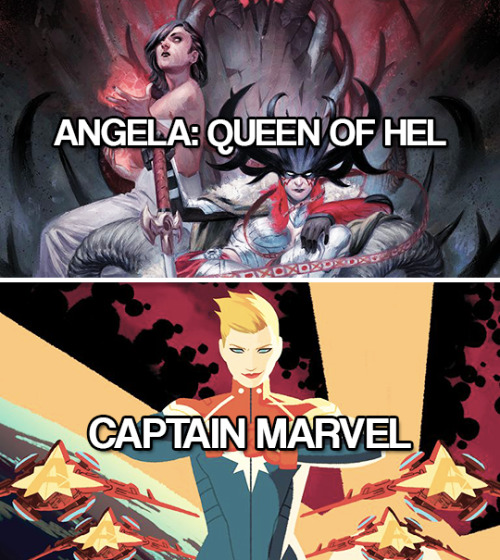
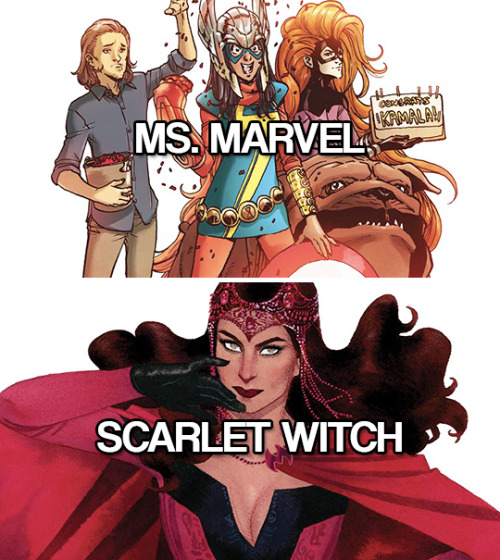
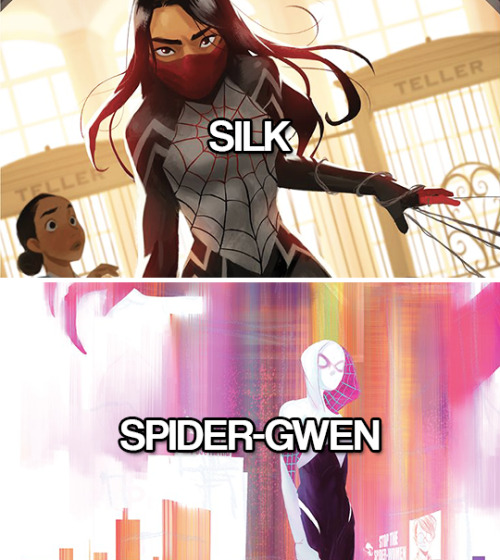
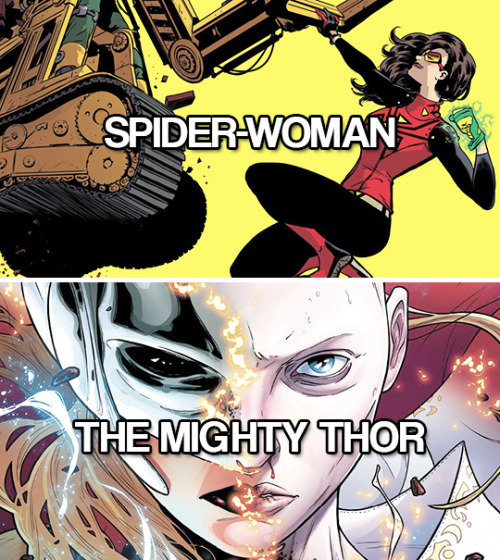
DC’s Post-Convergence and Marvel’s Post-Secret Wars female-led ongoing titles.
I need a hug. Reblog if you agree.














2015.
